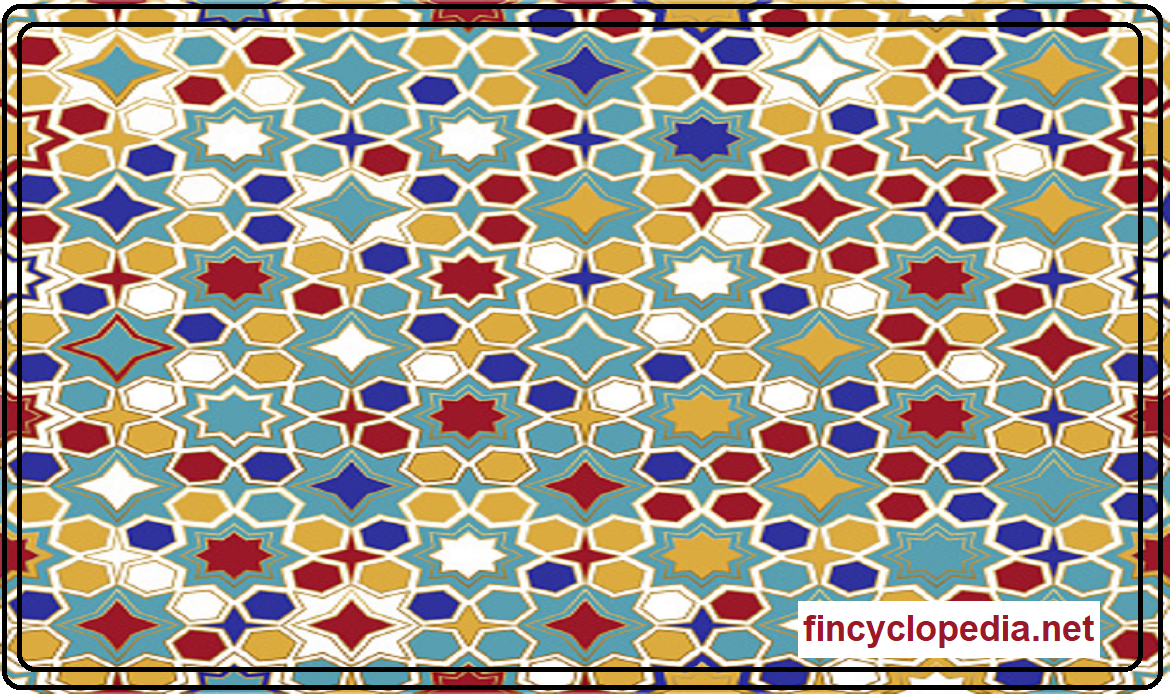Arabic (علة) for the underlying cause or element (ratio legis) on which a new ruling is based by making parallel to an established ruling through qiyas (analogy). With this method, the jurist would use analytical skills in deducing the rationale or effective cause of a particular case (asl) and applying it in deriving a ruling for another case (fare’) as the effective cause is common to both cases. The new case must not be covered by a nass qat’ii (indisputable text) such as the Quran, the sunnah or ijma’a. It must be applicable to the new case as it is to the original one. Qiyas seeks to extend the same ruling to the new case using the common underlying ‘illah. Qiyas, thus, consists of:
- asl (the original case): the case whose ruling (hukm) is established in an authentic (primary) textual source.
- fare’ (the parallel case): the new case that requires a legal basis or hukm.
- ‘illah: the common underlying cause that will lead to the hukm (ruling).
- hukm: the new ruling on the parallel case that is deduced from the hukm on the original case in view of the effective cause.
For example, the effective cause (‘illah) behind the prohibition of sale prior to qabd (taking possession) is gharar, or the possible inability to deliver the goods to the buyer. Likewise, paper money (or generally fiat money) is considered a riba vehicle for the same effective cause gold and silver are classified as ribawi items: both are used as a means of exchange and payment.




